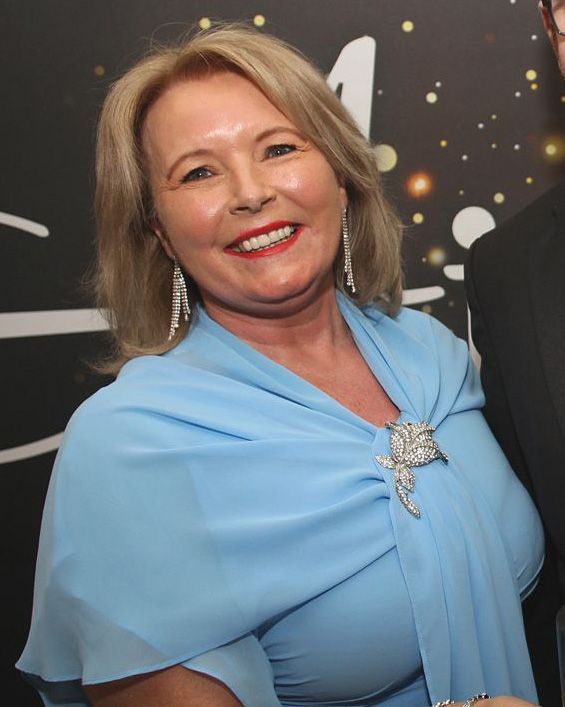HAD Brian Friel lived to update his play Translations, I fear the story about the intersection of language and colonialism would have been a lot more complicated – and a lot less enjoyable.
The Irish language isn’t under attack these days from Redcoat mapping teams roaming the island with a theodolite and a translator and a brief to destroy millennia of indigenous history and culture, it’s under attack from unionist politicians long past their mediocre heyday whose words and actions are the go-ahead for local loyalist thugs to tear down bilingual street signage almost as soon as it goes up.
And as if it weren’t bad enough that for some the native language can be neither seen nor heard, there remains a stubborn insistence within pro-union circles that the queen’s English (or is it now the king’s?) must not only be the only language seen and spoken, but that when it is spoken, the words must come in sentences and sentiments acceptable to the decent people of Loyal Ulster.
Former Royal College of Nursing General Secretary Pat Cullen last month was unveiled as the Sinn Féin candidate in the Fermanagh and South Tyrone constituency in the forthcoming Westminster elections. It was something of a coup for the Chucks. Powerful, successful, high-profile, identifiably Irish but with strong UK connections, Cullen is precisely the kind of cut-across candidate capable of turning the seat from a perennial nailbiter into a Sinn Féin banker.
And so she started receiving notes. Notes scribbled by unionist politicians and commentators and passed on by their Our Wee Country compatriots with the notebooks and the tape recorders. The trouble is, Cullen wouldn’t read the notes out. Oh, she’d read them as they came thick and fast.
“Killing innocent people is wrong.”
“Killing nurses is worse.”
“The Ra has the blood of nurses on its fangs.”
But after reading them, Cullen would roll them into a ball, chuck them in the bin and patiently lay out her own thoughts on the past and her hopes for the future of the peace process that brought us the fragile rapprochement we enjoy today.
Sinn Fein's Pat Cullen refuses to condemn IRA https://t.co/qQZVtgz9U1
— BBC News (UK) (@BBCNews) June 19, 2024
Just as putting Irish names beside English names on street signs is seen as a de facto declaration of war by those most fearful of change, every word of English that doesn’t acknowledge an English narrative is, to the same people, as much a bullet fired in the struggle for Irish freedom as an Irish word is supposed to be. And so the tussle began to force Pat Cullen to say not what she wanted to say, but to say what others angrily demanded she say.
And – naturally – when the demand part of the angry demand was undelivered, all that was left was the angry bit; which is what we’ve been seeing this week as journalism and the law were chucked into a kind of large political hadron collider to be tossed around chaotically before being spat out as some hybrid accusation-cum-report type deal. The primary requisite of the resultant coverage was not to shed light on the policies, beliefs or morals of the candidate, but to keep the media platforms that published it out of the libel courts. And if the stories didn't quite fulfil the brief of burning the witch, they at least got some soot on her previously pristine and starched nurse's uniform:
‘Pat Cullen fails/refuses/declines to condemn/reject/denounce IRA killing of nurses/innocents/anyone, really’.
Listening to and reading the headlines and the stories, you could almost still detect off them the faint whiff of office B.O. from the harassed in-house lawyer who finally gave the selection of words the go-ahead.
So well done Pat Cullen for refusing to read out the notes. Well done for continuing to say the words she wants to say. And especially well done for reminding the people who need to be reminded that the atrocity bingo hall doesn’t attract big crowds any more.
The question being asked in nationalist and republican areas across the North as election day approaches is not 'Why won't she do the right thing?' The question being asked is 'Why didn't she tell them to f**k off while she was at it?'
And that's the kind of language we all understand.








